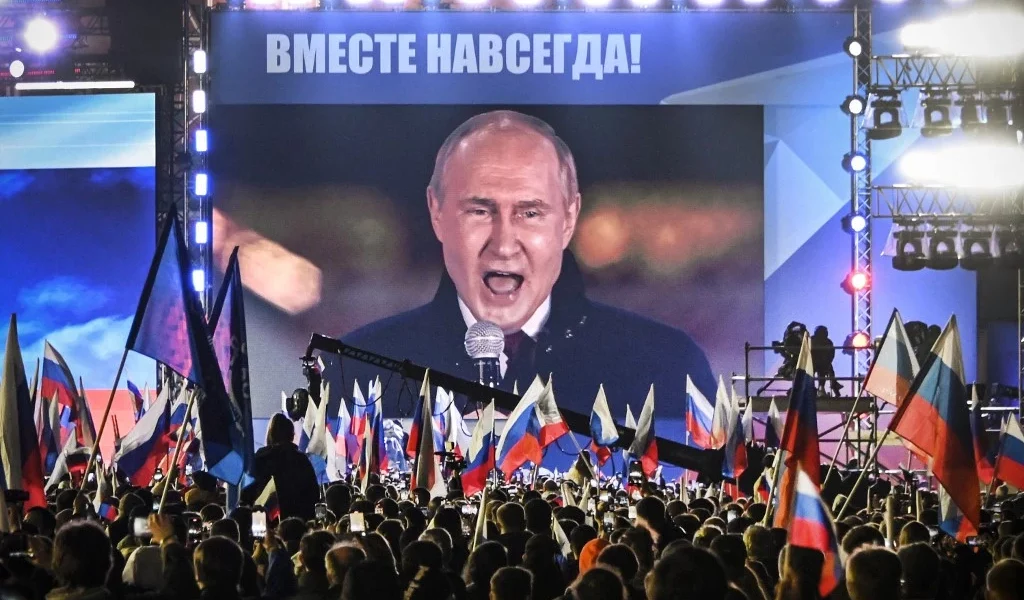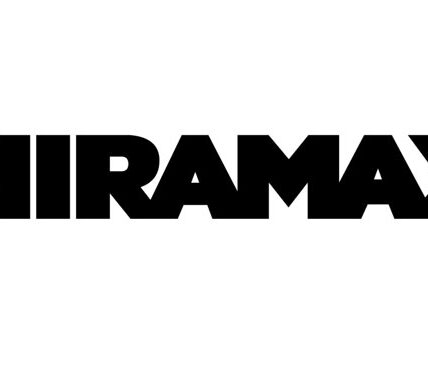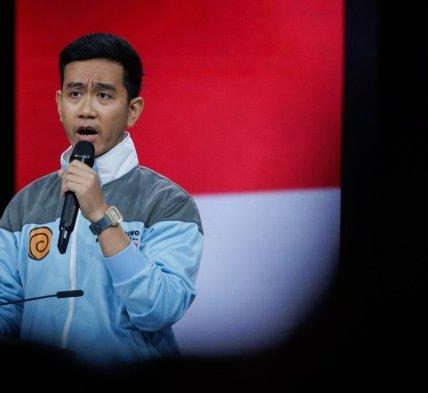In Russia’s Presidential Race, the nation holds its breath in anticipation of a pivotal election that will shape the country’s future. This high-stakes political contest has captivated the attention of both domestic and international audiences, as the outcome will determine the direction Russia takes in the coming years.
With the current President’s term reaching its end, the race for the next leader is heating up. Candidates from various political backgrounds and ideologies have thrown their hats into the ring, vying for the support of the Russian population. The stakes are incredibly high, as the elected President will have the power to shape economic policies, influence international relations, and set the country’s trajectory for years to come.
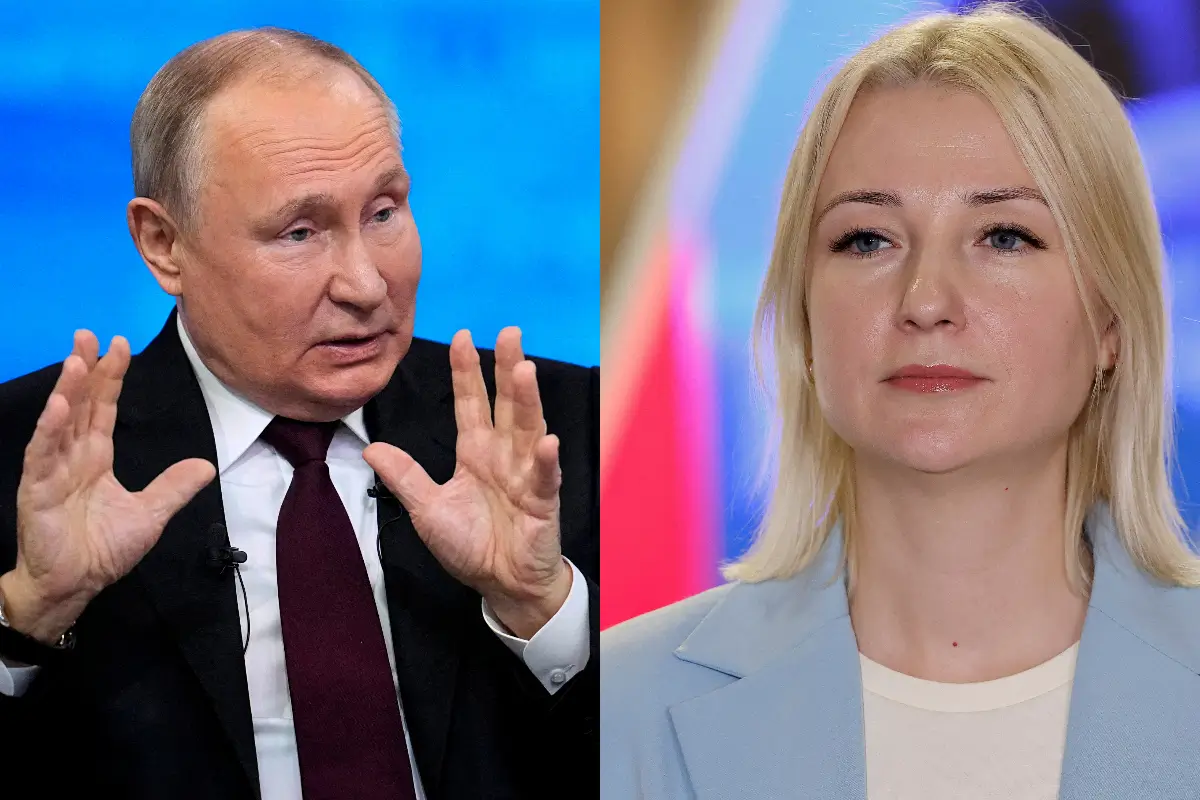
Page Contents
- 1 Overview of the candidates and their political parties
- 2 Vladimir Putin: History of presidential elections in Russia
- 3 Key issues and debates in the current presidential race
- 4 Analysis of public opinion and polling data
- 5 Campaign strategies and tactics employed by the candidates
- 6 Media coverage and its impact on the race
- 7 International perspectives on Russia’s presidential race
- 8 Election day and the voting process
- 9 Conclusion and predictions for the outcome of the race
- 10 Author
Overview of the candidates and their political parties
The race for Russia’s next President features a diverse range of candidates representing different political parties and ideologies. Let’s take a closer look at some of the key players in this election.
- Vladimir Putin – The current President of Russia, situstoto Vladimir Putin, is seeking re-election for another term. He is the leader of the United Russia party, which has been in power for over two decades. Vladimir Putin’s tenure has been marked by a strongman leadership style and a focus on restoring Russia’s global influence.
- Alexei Navalny – A prominent opposition figure, Alexei Navalny has emerged as a leading challenger to Vladimir Putin. Despite facing legal challenges and being barred from running, Navalny has managed to garner significant support among young voters who are disillusioned with the current regime.
- Mikhail Prokhorov – Known for his success as a businessman, Prokhorov offers a more moderate alternative to the current leadership. He founded the Civic Platform party and has positioned himself as a candidate who can bring economic prosperity and political stability to Russia.
Vladimir Putin: History of presidential elections in Russia
Presidential elections in Russia have evolved significantly since the country’s transition to democracy in the early 1990s. Initially, the process was marred by allegations of fraud and irregularities. However, over time, efforts have been made to improve the transparency and fairness of the elections.
The first presidential election in Russia took place in 1991, following the collapse of the Soviet Union. Boris Yeltsin emerged as the winner, serving as Russia’s President until 1999. Yeltsin’s tenure was marked by economic turmoil and political instability.
In 2000, Vladimir Putin was elected as President, ushering in a new era of stability and consolidation of power. Since then, Vladimir Putin has won subsequent elections in 2004, 2012, and 2018, each time securing a significant majority of the votes.
Key issues and debates in the current presidential race
The current presidential race in Russia is centered around several key issues that are crucial to the nation’s future. The candidates have engaged in intense debates, offering their perspectives and solutions to these pressing matters. Let’s explore some of the major issues being discussed in the campaign.
- Economic policies – Russia’s economy has faced challenges in recent years, including sanctions, falling oil prices, and sluggish growth. The candidates have presented their plans to stimulate economic development, attract foreign investments, and improve the living standards of the Russian people.
- Social reforms – The candidates are also addressing social issues such as healthcare, education, and pension reforms. They are proposing policies aimed at improving the quality of life for all Russians, particularly the most vulnerable segments of society.
- Corruption and transparency – Corruption has long been a concern in Russia, and the candidates are emphasizing their commitment to tackle this issue head-on. They are proposing measures to increase transparency, strengthen the rule of law, and root out corruption at all levels of government.
Analysis of public opinion and polling data
Public opinion plays a crucial role in shaping the outcome of any election. Polling data provides valuable insights into the preferences and sentiments of the electorate. Let’s analyze the current public opinion and polling data in the context of Russia’s presidential race.
According to recent polls, Vladimir Putin enjoys widespread popularity and support among the Russian population, particularly in rural areas and among older generations. However, there is a growing discontent among younger voters who are demanding change and a fresh approach to governance.
Alexei Navalny has managed to tap into this discontent and has gained significant traction, especially among urban and educated voters. His anti-corruption message and charismatic leadership style have resonated with many who are disillusioned with the current regime.
Campaign strategies and tactics employed by the candidates
The candidates in Russia’s presidential race have employed various campaign strategies and tactics to reach out to voters and gain their support. Let’s explore some of the strategies used by the key contenders.
- Vladimir Putin – As the incumbent President, Vladimir Putin has utilized his position to his advantage. He has made numerous public appearances, highlighting his achievements and projecting an image of strength and stability. Vladimir Putin’s campaign also relies heavily on state-controlled media, which often portrays him in a favorable light.
- Alexei Navalny – Navalny has adopted an unconventional approach to his campaign, utilizing social media and online platforms to bypass traditional media channels. He has also organized protests and demonstrations to raise awareness about corruption and government inefficiencies.
- Mikhail Prokhorov – Prokhorov’s campaign has focused on presenting himself as a successful businessman with the expertise to improve Russia’s economy. He has used his personal wealth to fund his campaign and has engaged in direct outreach to voters through town hall meetings and public forums.
Media coverage and its impact on the race
Media coverage plays a crucial role in shaping public opinion and influencing the outcome of elections. In Russia, where state-controlled media dominates the landscape, the role of independent and alternative media becomes even more significant.
The state-controlled media has largely portrayed Vladimir Putin in a positive light, emphasizing his achievements and projecting an image of stability. Opposition candidates, such as Navalny, often face biased coverage and limited airtime. However, the rise of social media and online platforms has provided alternative channels for information dissemination, allowing opposition candidates to reach a wider audience.
International perspectives on Russia’s presidential race
Russia’s presidential race has not only captured the attention of domestic audiences but has also garnered international interest. The outcome of the election will have significant implications for global geopolitics and international relations.
Some Western countries have expressed concerns about the lack of political plurality and transparency in Russia’s electoral process. They have called for free and fair elections and have urged the Russian government to respect democratic principles.
On the other hand, Russia’s allies and some countries with strained relations with the West have voiced support for the incumbent President, citing stability and strong leadership as key factors in their endorsement.
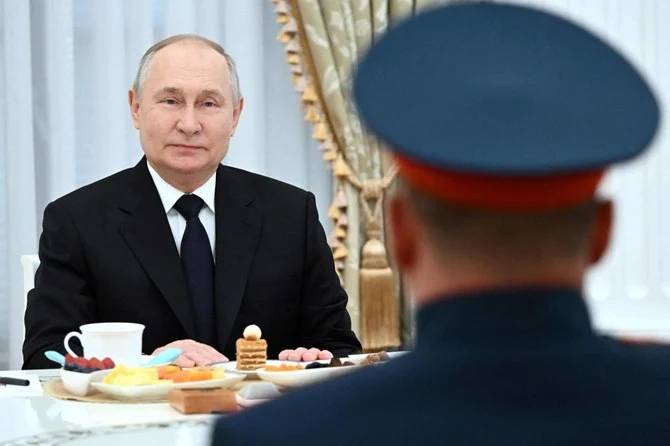
Election day and the voting process
Vladimir Putin: Election day in Russia is a significant event, with millions of citizens casting their votes to determine the next President. The voting process is carefully organized to ensure transparency and fairness. Let’s take a closer look at the election day procedures.
Russian citizens cast their votes at designated polling stations, which are supervised by election officials. The voting process is generally considered secure, with measures in place to prevent fraud and ensure the integrity of the results.
Once the voting is complete, the ballots are counted, and the results are announced. The candidate who receives the majority of the votes is declared the winner and assumes the office of the President.
Conclusion and predictions for the outcome of the race
As Russia’s presidential race reaches its climax, the nation eagerly awaits the outcome that will shape its future. The candidates have presented their visions and policies to the electorate, and the voters have cast their ballots. Now, it’s time to analyze the data and make predictions about the outcome.
Based on current public opinion and polling data, it is highly likely that Vladimir Putin will secure another term as President. His widespread popularity and control over state resources give him a significant advantage over his rivals.
However, the rise of Alexei Navalny and the growing discontent among younger voters suggest a shifting political landscape in Russia. Navalny’s influence and support base cannot be ignored, and he may continue to shape the political discourse in the coming years.
Regardless of the outcome, Russia’s presidential race has highlighted the importance of democratic processes and the power of the electorate. The nation’s future will be determined by the choices made in this election, and the impact will reverberate both domestically and internationally.
As the results are announced, the world will be watching to see how Russia’s new President will navigate the challenges and opportunities that lie ahead. The decisions made in the coming years will shape the country’s trajectory and have far-reaching consequences for its citizens and the global community.
Vladimir Putin: The Russia’s presidential race is a critical political event that will undoubtedly shape the nation’s future. The candidates, the issues, and the campaigns have all played a significant role in capturing the attention of the Russian people and the international community. Only time will tell what lies ahead for Russia as it enters a new chapter in its political history.
As we conclude our examination of the pivotal presidential race in Russia, with Vladimir Putin at the forefront, it’s evident that the outcome will have profound implications for the country and beyond. If you’ve found this analysis engaging and are keen on exploring the intersection of technology and power, we invite you to read our article about Mark Zuckerberg. There, we delve into the journey of another influential figure shaping the digital landscape and global discourse.

